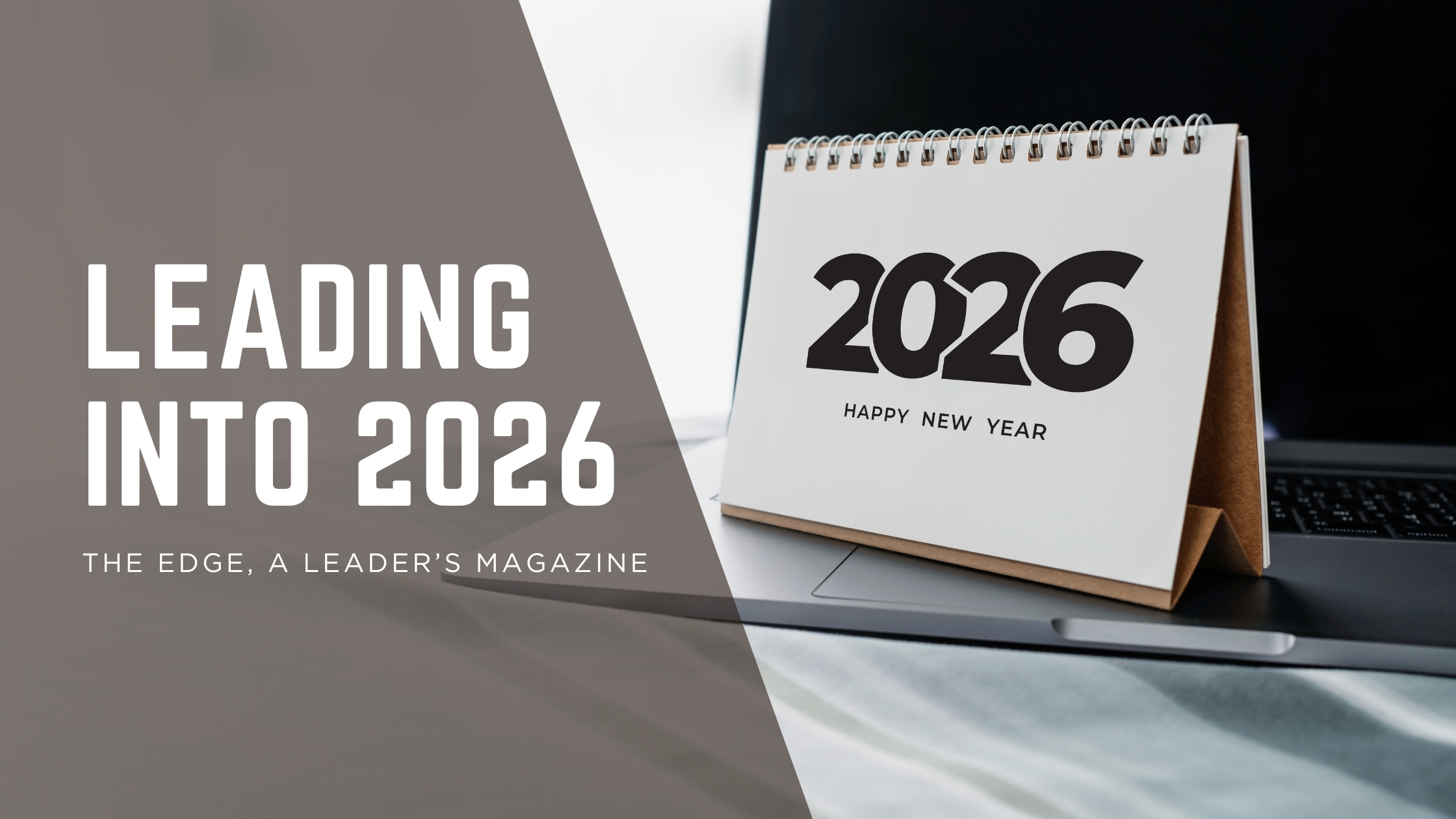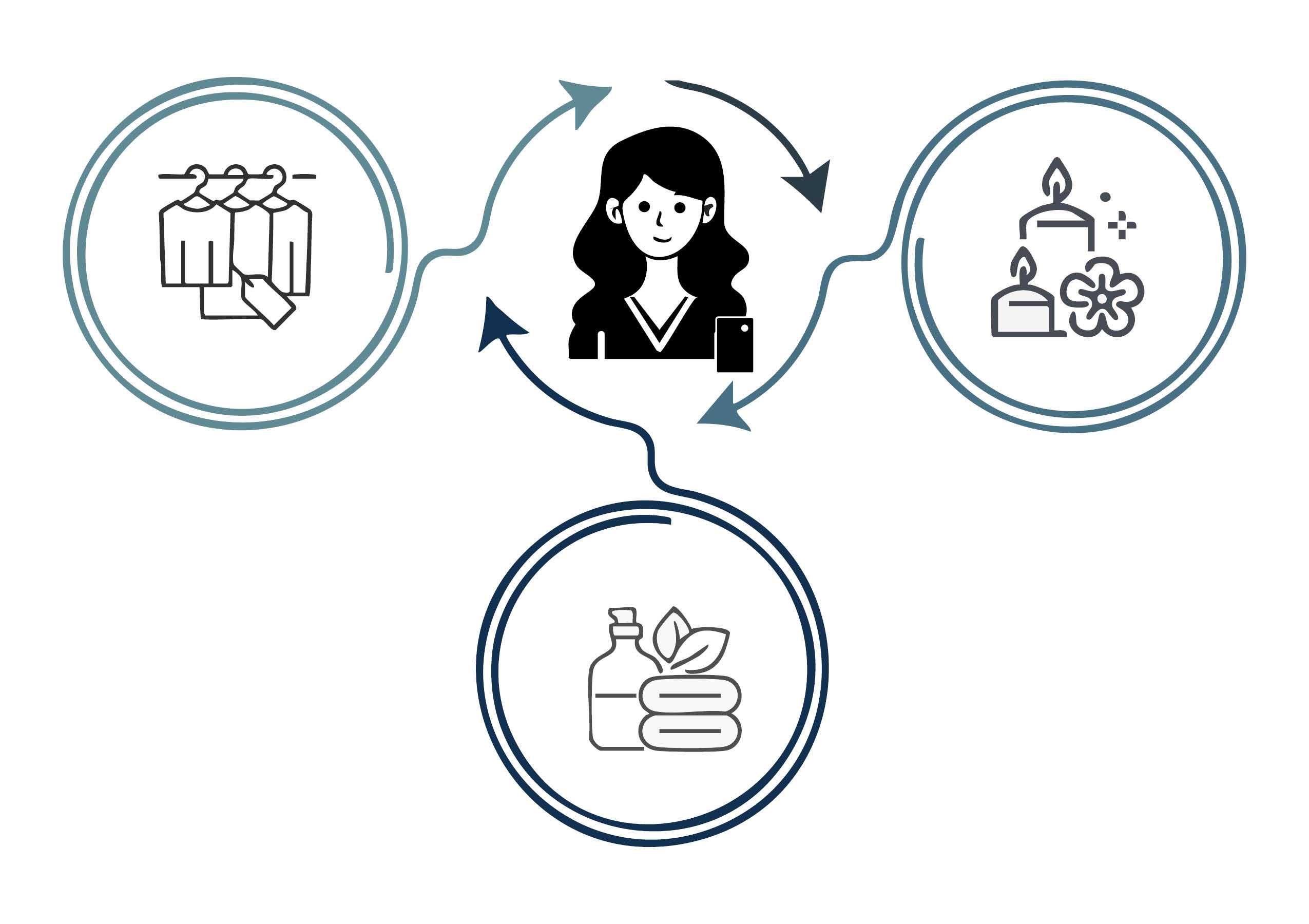There are a large number of psychological tactics that businesses use to influence our purchasing behaviour. From the types of colours that they use in their ads, to landing pages, to influencer marketing; companies spend a lot of time and money to ensure that they can effectively entice customers to buy from them.
One particular tactic that companies use are incentives. Incentives are an effective and very popular form of marketing that when used correctly can increase sales by a large margin.
What are Incentives?
Incentives are essentially rewards or perks that businesses offer to consumers to entice them to make a purchase or other desired action. Commonly, incentives come in the form of rewards or points programs, discounts, free gifts, limited time offers and promotions.
When implemented correctly, incentives can be a powerful marketing tool to guide consumer behaviour and increase loyalty and sales.
How Incentives are Implemented and the Results
Not all incentives are created to attract a business’ entire consumer base. This is why when shopping, most consumers will notice that businesses usually offer multiple different incentives at the same time. In other words, incentives are usually tailored to a desired target audience. Every consumer responds to perks differently, so it’s important for businesses to know what kind of consumer they are hoping to attract. For instance, some customers like participating in points programs, while others see points programs as annoying and of no value.
Incentives usually also come with some form of urgency. For instance, a flash sale that only lasts for one weekend, or limited time discounts for those who collect points. This usually forces the consumer to act quickly and buy something they may not have if they’d had more time to think about it.
The result of incentives for businesses includes attracting new customers through enticing marketing tactics, word of mouth advertising from a happy customer to a prospective customer and strengthening loyalty of existing customers as they are rewarded for their loyalty. This also allows businesses to collect data on consumers to see what kinds of marketing tactics are more effective in creating sales.
The Psychological Impact of Incentives
There are several ways in which incentives impact consumers psychologically. Humans have an innate desire for rewards and a sense of progress. When they are rewarded through points programs or other incentives, it satisfies a sense of gaining something, or achievement. When a company continues to reward this sense of progress, in creates long-term loyalty with the consumer.
Also, consumers, and humans in general want to feel as if they belong and are recognized as being a part of a particular group. The exclusivity that these incentives often offer, allows consumers to fulfill these desires. This can be seen especially in programs where memberships are multi-tiered based on how much a customer spends. Usually, the more a customer spends, the more exclusive their membership becomes, and the more rewards and gifts they are given in return.
Incentives can also give the sense of fear of missing out (FOMO), as the limited time that most incentives are offered for can create a sense of fear or urgency over what could result if a consumer misses out on a particular deal. This is particularly useful when offering discounts. Many people are trying to save money at the moment, and so giving the impression that someone will save a lot of money if they buy a product right now, rather than waiting, is a very effective way to push consumers to buy.
This also creates the idea of value. Value comes from how well an incentive matches the preferences of the consumer. If a particular offer is seen to be useful, unique, exclusive, and rewarding, a sense of connection between the brand and consumer will slowly build. This means that the consumer will be more likely to continue to buy from a particular brand. It also creates a sense of reciprocity in that consumers will subconsciously want to pay back the generosity shown by the business through incentives, by making a purchase.
Lauren Schwartz | Staff Writer


















